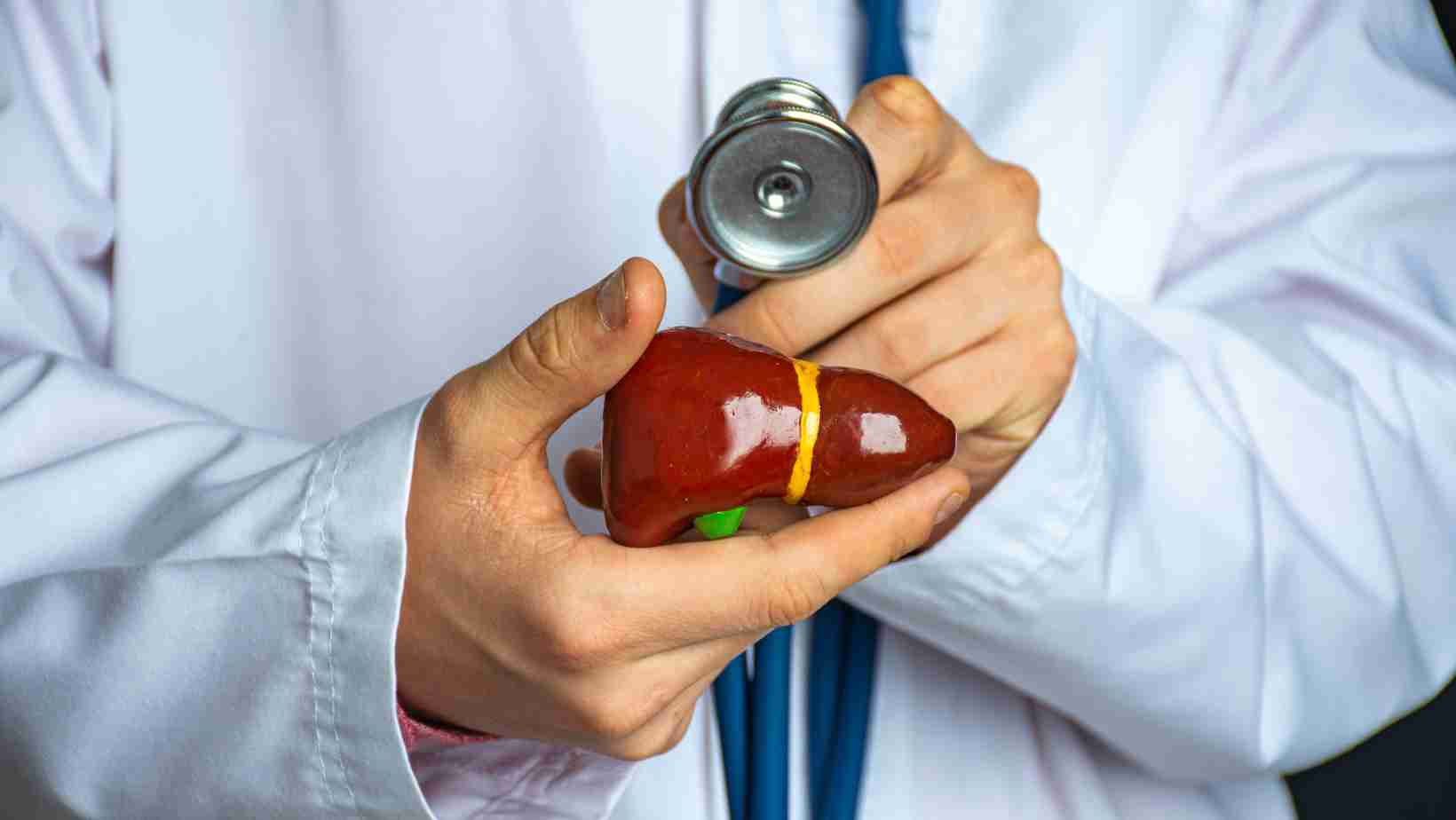
Dr Nivedita Pandey
MBBS, Diplomate of American Board of Internal Medicine (Internal Medicine), Diplomate of American Board of Internal Medicine (Gastroenterology)
Get Consultation from the Best Heptologist In Delhi
What is hepatology?
Hepatology is a medical specialty that focuses on studying, diagnosing, and treating liver diseases. It encompasses many conditions, including viral hepatitis, alcoholic liver disease, autoimmune liver disease, and liver cancer. Hepatologists are highly trained physicians with specialised knowledge and skills in managing liver disorders.


What is a hepatologist?
Hepatologists are doctors who specialise in diagnosing and treating hepatology and liver diseases. They are trained to manage various conditions that affect the liver, including viral hepatitis, alcoholic liver disease, non-alcoholic fatty liver disease, liver cancer, and autoimmune liver diseases. Hepatologists also care for patients with liver failure, liver transplantation, and other complex liver-related conditions. They work closely with other healthcare professionals to develop individualised treatment plans that may include medication, lifestyle changes, and surgical interventions. Hepatologists are critical in managing liver diseases and are essential to improving patient outcomes and quality of life.
What diseases are treated by hepatologists?
Hepatologists treat liver conditions primarily, such as
- infection with hepatitis
- Alcohol-related and non-alcohol fatty liver disease
- jaundice
- cirrhosis
- Hepatic metabolic disorders
- liver tumour

A hepatologist may also assist in the treatment of various disorders that affect the hepatic system, including
- pancreatitis
- inoperable pancreas
- gallstones
- pancreatic cancer
- Cholecystitis, an inflammation of the gallbladder
- stones in the bile ducts (choledocholithiasis)
- non-cancerous tumours called bile duct adenomas
- liver duct cancer
Although certain hepatologists may be able to identify cancer, they will almost certainly send patients to an oncologist for additional care.
When do I need to consult a hepatologist?
You must see your doctor immediately if you have any of the hepatology or potential liver conditions listed below.
- chronic stomach ache
- abdominal enlargement
- persistent tiredness
- reduced appetite
- unintended loss of weight
- bloody or dark urine
- black, light, or bloody stools
- persistent diarrhoea
- nausea
- vomiting
- Jaundice is a yellowing of the skin or eyes.
- higher heart rate
- with or without chills, a low-grade temperature
- ankle or leg swelling
Typically, you will require a referral from your primary care physician to see a hepatologist. A referral to a hepatologist may be necessary based on the results of a physical examination and blood tests for hepatology.
Based on some of your symptoms, your medical history, or personal risk factors for hepatic problems, your doctor might send you.
You should consult a hepatologist for these symptoms if you have a personal or family history of hepatic problems. For instance, if you’ve ever had gallstones, you may be more susceptible to pancreatitis.
If you are over 50 or if any of the following apply to you:
an alcohol use disorder history obesity observed a recent, substantial weight reduction. Any history of liver problems in one’s family or personally. Diabetes, high triglycerides, and high cholesterol, metabolic syndrome in Crohn’s disease
Causes
There are various reasons for liver disease.
Infection
Fungi and bacteria can infect the liver, causing inflammation and decreased liver function. Bacteria that damage the liver can be transmitted through blood or semen, contaminated food or water, or direct contact with an infected person. Causes of hepatitis include the hepatitis virus, as listed below:
- Influenza A
- Hepatitis B virus
- Virus Hepatitis C
Immune system dysfunction
Autoimmune diseases, which occur when your immune system attacks specific organs in the body, can affect your liver. Various autoimmune liver conditions include
- Hepatitis autoimmune
- Biliary cholangitis primary
- First-stage sclerosing cholangitis
Genetics
The accumulation of many factors in the liver can lead to hepatitis if you have an abnormal gene inherited from one or both parents. Congenital liver conditions include
- Hemochromatosis
- Wilson’s illness
- a lack of alpha-1 antitrypsin
growths, such as cancer
Examples comprise
- liver tumour
- Biliary duct cancer
- liver tumour
Other
The following are typical causes of liver disease
- long-term alcoholism
- Non-alcoholic fatty liver disease is the result of liver fat accumulation.
- Certain over-the-counter or prescription drugs
- a few herbal ingredients
Risk elements
You may be more vulnerable to developing liver disease if you have
- Heavy drinking
- Obesity
- Diabetes type 2
- Body art or piercings
- drug injection using shared needles
- Transfusion of blood before 1992
- Unrestricted sex
- exposure to certain poisons or substances
- an inheritance of liver illness
Prevention
To stop liver illness
Drink a few drinks. Includes up to one alcoholic beverage per day for women and two drinks per day for men for healthy individuals. More than eight drinks a week for women and more than 15 drinks a week for men are considered challenging or high-risk.
Get vaccinated. Talk to your doctor about getting hepatitis A and hepatitis B vaccines if you are at high risk for hepatitis or are already infected.
Take medication as prescribed. Prescribe and take medication only as directed and when needed. Do not mix alcohol and drugs. Consult a doctor before combining herbal supplements or prescription drugs.
Keep them away from other body fluids and blood. Accidental stabbing and improper handling of blood or body fluids can transmit the hepatitis virus.
Maintain a safe diet. Wash your hands thoroughly before eating or preparing food. If travelling to a developing country, use bottled water, wash your hands, and rinse your mouth.
Be careful when using aerosol sprays. Wear a mask and use these products in a well-ventilated area when applying paint, pesticides, fungicides, or other hazardous materials. Always follow the manufacturer’s instructions.
Keep the skin safe. Wear gloves, long sleeves, hats, and masks when handling pesticides and other hazardous chemicals to prevent chemical contact with the skin. Maintain a healthy weight. Non-alcoholic fatty liver
What should I do next to make an appointment with a liver specialist?
See your primary care physician for a referral if you need to talk to a liver specialist.
Record your symptoms during this time so your doctor and other medical professionals can better understand your condition.
Once you receive treatment from a hepatologist, your primary care physician will collaborate closely with you to help manage your condition.

